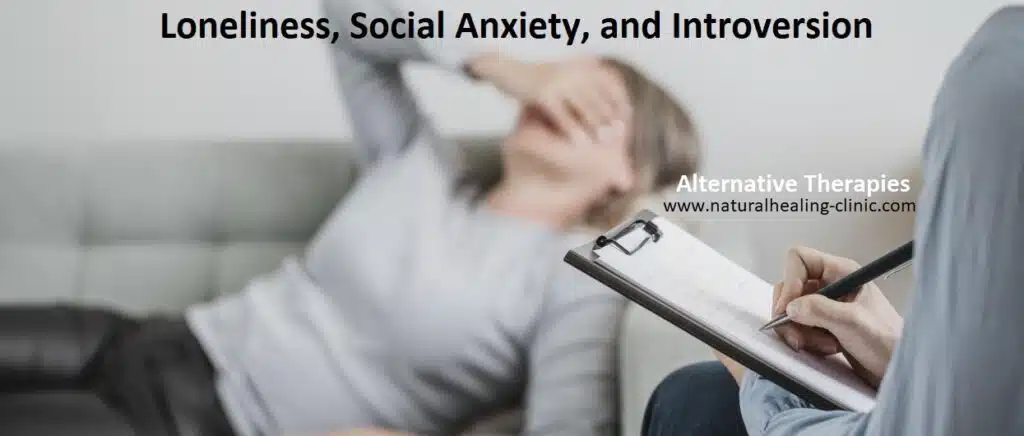Loneliness, Social Anxiety, and Introversion–Extroversion.

To start off, what’s a psychological construct? It’s a representation of an intangible thing that gives us a way to talk about that thing and distinguish it from other intangible things. Loneliness, social anxiety (disordered or not), and introversion/extroversion are distinct constructs, although they may have areas of overlap. Because they’re distinct, the presence of one doesn’t automatically mean the presence of another.
www.lazzaropisu.com
Defining the psychological constructs
Now, let’s look at some definitions, from the American Psychological Association.
Loneliness is an “affective [i.e. emotional] and cognitive discomfort or uneasiness from being or perceiving oneself to be alone or otherwise solitary” (APA). Depending on the theoretical perspective, loneliness can arise from the emotional distress from unmet companionship/intimacy needs, or the uncomfortable experience when there’s a discrepancy between one’s desired and actual social support. The UCLA Loneliness Scale is a self-report scale that can be used to measure loneliness.
Social anxiety is the “fear of social situations in which embarrassment may occur… or there is a risk of being negatively evaluated by others… Social anxiety involves apprehensiveness about one’s social status, role, and behavior” (APA). When it’s severe and pervasive enough that it causes significant distress and functional impairment, that gets into the territory of the diagnosis of social anxiety disorder/social phobia. However, people may experience anxiety in social situations without it rising to the level of a mental illness. www.lazzaropisu.com
Introversion–extroversion is “the range, or continuum, of self-orientation from introversion, characterized by inward and self-directed concerns and behaviors, to extraversion, characterized by outward and social-directed concerns and behaviors” (APA). Introversion and extroversion are personality traits, and most people don’t fall at either extreme of the continuum. Introverts don’t necessarily want to be alone all the time; most introverts aren’t hermits like I am. They prefer socializing with a few people they know well rather than have small talk with a bunch of strangers at a party, and their mental batteries are recharged by having alone time afterwards, while extroverts are re-energized from being around people.
Alternative Therapies: www.naturalhealing-clinic.com
Effects of the pandemic
The pandemic has meant more time at home, so introverts have had more of their social mental battery recharge time than extroverts. They’re also not having social time that uses up some of that social mental energy, so the recharge time isn’t as needed as it might normally be. More than that, though, none of us are simply that one personality trait; there’s a lot of other stuff going on.
Exposure is an important part of managing social anxiety and other forms of anxiety. The pandemic made it very difficult, if not impossible, to keep up exposures. It could be a potential social anxiety disaster waiting to happen as people are being shoved back into social situations after having gone for so long with minimal exposure.
The pandemic has also been bad for people who are prone to loneliness, who may be introverts or extroverts, or anywhere along that continuum. It’s been harder to connect, particularly for people who don’t feel able to effectively connect virtually. Social isolation isn’t just about who’s around; perception plays a big role. Someone can still feel lonely even with crowds of people around, but the pandemic reduces the options to access support.
Coping
I was particularly well-positioned to put up with the pandemic given where I stand across all three of these characteristics. I’m highly introverted. I dislike people. I don’t have social anxiety disorder, so lack of exposure isn’t an issue for me. I’m also not particularly prone to loneliness, nor have I ever been. I’m quite content in my own company, and it’s not difficult to access my desired level of social interaction and support online.
Alternative Therapies: www.naturalhealing-clinic.com
